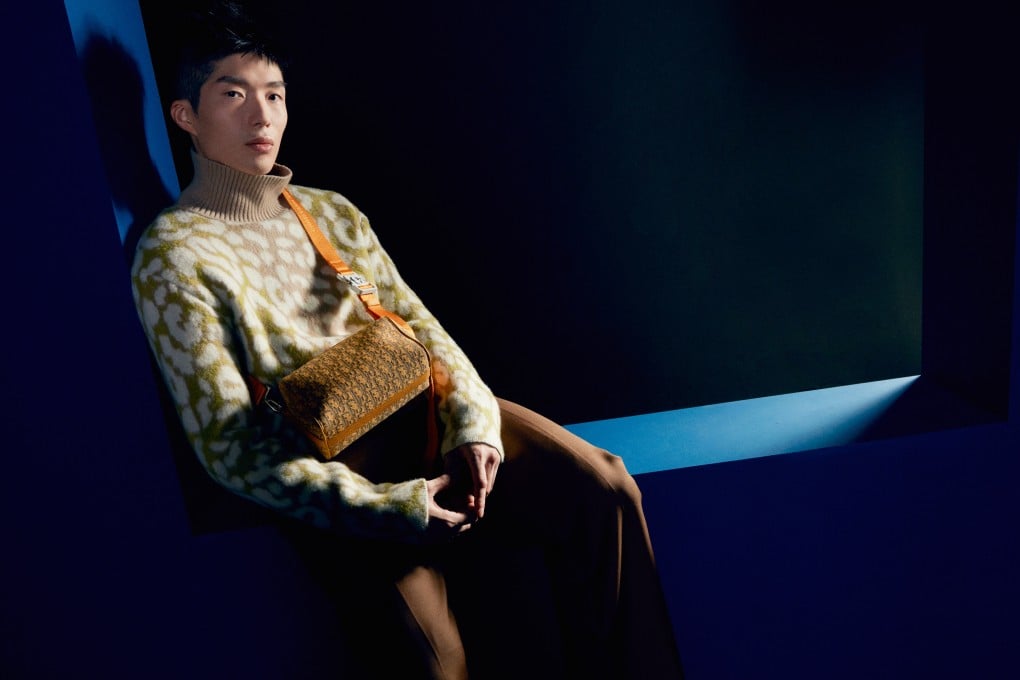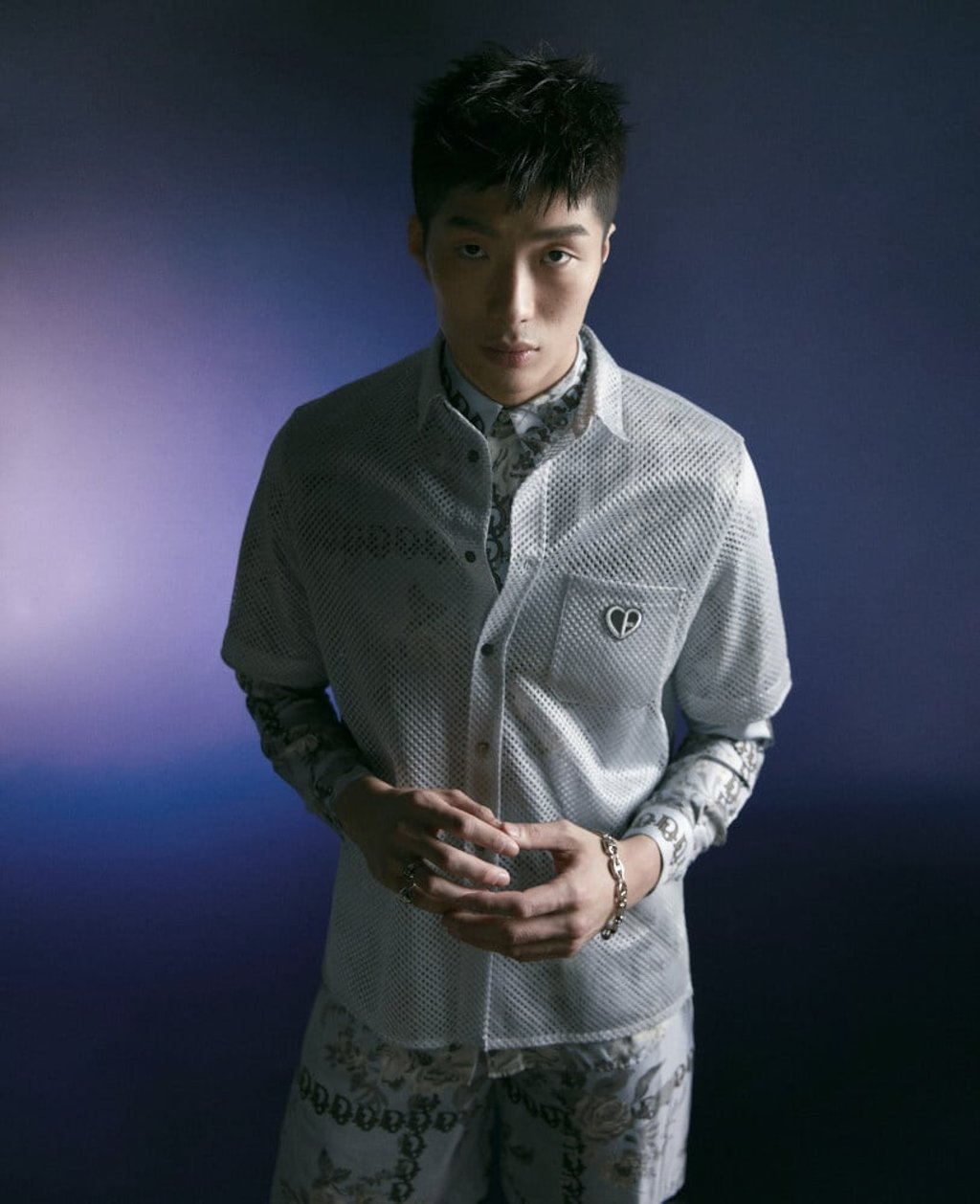Profile | Cheung Ka-long, Hong Kong Olympic golden boy, opens up about his journey from shy teenager to winning a gold medal in fencing at the recent 2020 Tokyo games
- Basketball was Cheung’s first love but he took up fencing when he was 10 years old and, after placing third in an inter-schools contest, made it his main sport
- The 24-year-old believes his Olympic gold medal triumph is just the start, and he’s aiming for more success at the 2022 Asian Games in Hangzhou, China

How many years must a fencer train before he can call himself an Olympic champion?
Edgar Cheung Ka-long, Hong Kong’s individual foil champion at the 2020 Tokyo Olympic Games this summer, would know.
Fencing was not Cheung’s first sport, and at 1.93 metres (6ft, 3 inches) Hong Kong’s Olympic hero has often been mistaken for a basketball player – and with good reason.

“My parents were both basketball players, so it was only natural I followed in their footsteps during my early years,” says Cheung. “My father was a member of the A1 Division championship team in 1987, while my mother played at international level for the Hong Kong junior representative team and also won the women’s A1 Division championship.”
In fact, it was not until Cheung was about 10 years old that an unexpected opportunity in fencing presented itself during the summer holidays.